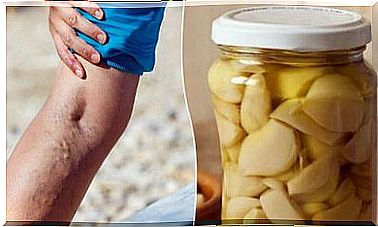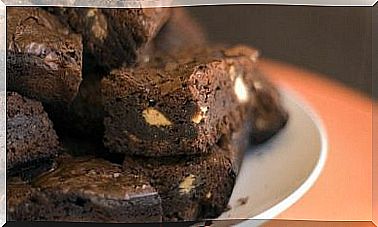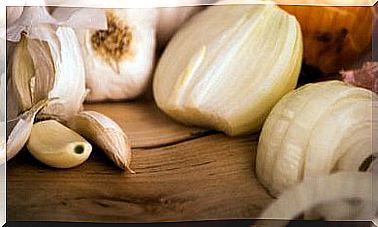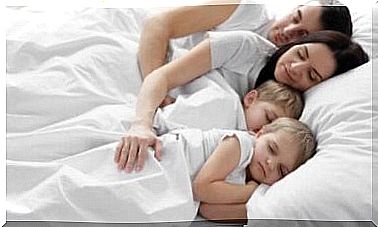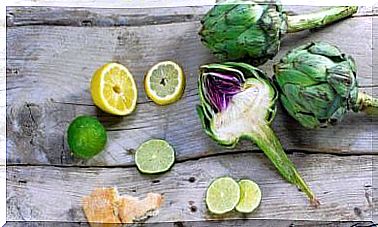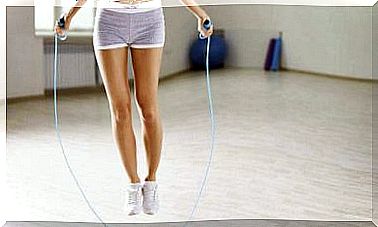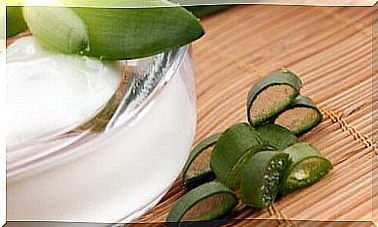What Can You Do If Your Baby Has Hiccups?
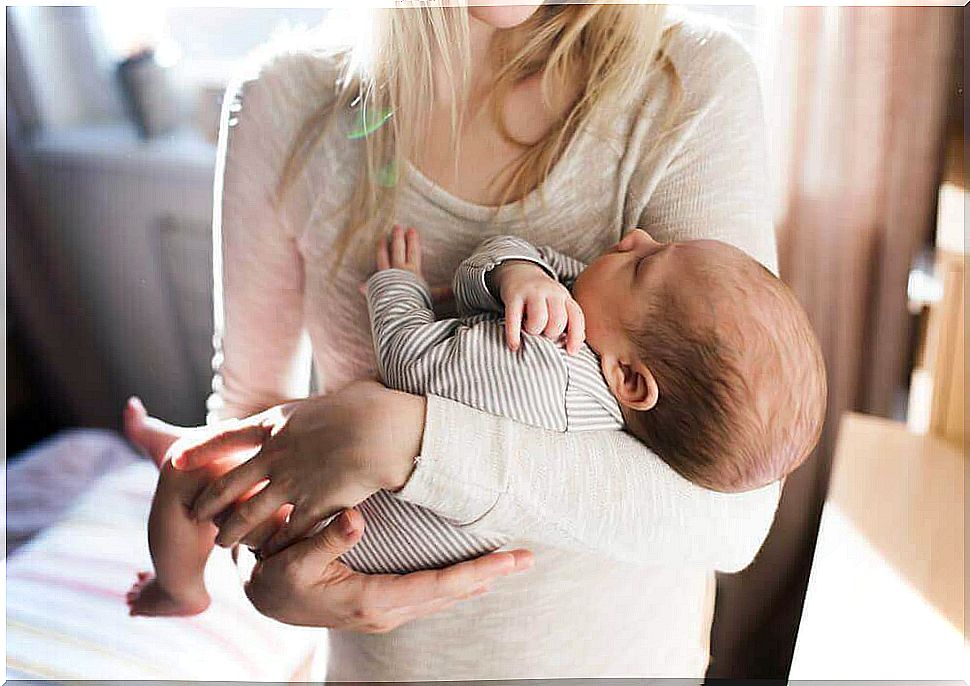
If your baby has the hiccups, you as a parent can be worried. Especially if it happens often. However, contrary to popular belief, that mild hiccup is nothing serious, nor is it a nuisance to the little one. In this article you can read what to do if your baby has hiccups.
Most newborns eventually get hiccups. However, it is not harmful to them, so it does not require any specific treatment. Usually it disappears as quickly as it came on.
However, for some parents it is annoying that their child suffers from hiccups again and again. Although they often know that it is not serious, they usually look for a way to get rid of it. Fortunately, there are many tips that can help if your baby has the hiccups.
What is the hiccup?
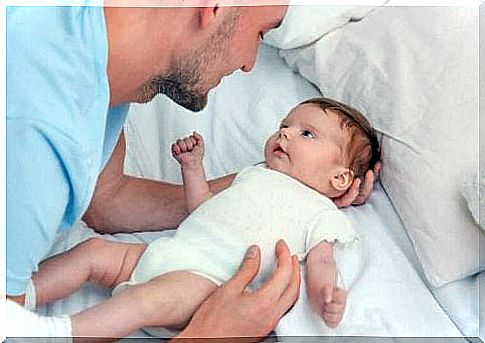
Hiccups, also called singultus, are a symptom of the repetitive, involuntary, and sudden contraction of the diaphragm. The diaphragm separates the lungs from the abdomen and plays a major role in breathing.
During hiccups, we exhale air, rather than inhale it. At that moment, the vocal cords close, creating the characteristic hiccup sound.
The hiccups usually stop on their own. The hiccups are not dangerous and the baby will then resume normal breathing.
Why do babies get hiccups?
The exact cause of hiccups in babies is not known. However, there are some theories about it. The most plausible theories assume that the cause lies with the immature nervous and digestive systems of babies.
An immature nervous system
The nervous system controls all the muscles in your body. An irritation of the phrenic nerve and the vagus nerve causes involuntary movements in the diaphragm.
There is every indication that the fact that a baby’s nervous system is not yet fully developed has an influence on getting the hiccups. Therefore, premature babies, whose organs are even less mature, get hiccups more regularly than a normal baby. In addition, hiccups are more likely to return before they are six months old.
An immature digestive system
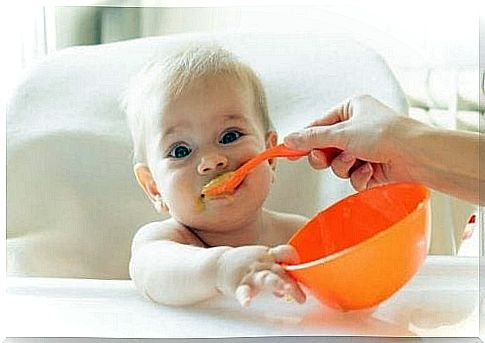
Babies have an immature digestive system and are therefore more prone to certain symptoms and discomforts. Since digestive disorders often overstimulate the diaphragm, other reasons for the hiccups may include:
- Because the baby swallows air during breastfeeding, the belly expands.
- Even if the baby has trouble finding the nipple, he can inhale air.
- Using pacifiers of an unsuitable shape.
- Bottle teats with an opening that is too small or too large.
- Incorrect position of the baby during feeding.
- Gastroesophageal reflux.
- Change in stomach and body temperature.
- Putting your baby down too soon after feeding without being sure if he burped.
- Adding unsuitable food to your baby’s diet.
What can you do if your baby has hiccups?
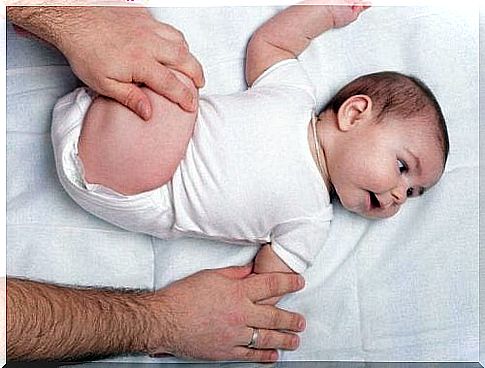
In a baby, hiccups usually last only a few minutes. It is therefore often not necessary to make a lot of effort to try to prevent them.
However, because many parents become concerned when their baby has the hiccups, it can be helpful to know some techniques to help stop the hiccups faster.
These tricks are not “miracle” formulas that make the hiccups disappear. They also don’t work in all cases. Still, they are worth a try.
Some of the most commonly used tips
- Breastfeeding has a major influence on the occurrence of hiccups in newborn babies. It is therefore important that the mother feeds the baby when the child is calm and not yet too hungry. That way, the baby will eat more slowly and not swallow too much air.
- If the baby gets hiccups while feeding, change the position your baby is in first. Then try to burp your baby and make sure he calms down again. The best thing you can do is wait for the hiccups to pass. Only then resume breastfeeding.
- If the baby is drinking too quickly, it’s best to stop and resume a few minutes later. The goal is to prevent your baby from swallowing air while drinking.
- As soon as your child has finished eating, it is best to hold him in a vertical position. As a result, he loses the extra air he has swallowed.
The hiccups are natural, and they are not painful for your baby. However, if the hiccups are accompanied by a lot of crying or if the hiccups last for several hours at a time, see a doctor right away!
